Feeling nervous about getting back in the saddle after time off isn’t something you can always control, but there are loads of ways you can rebuild your confidence
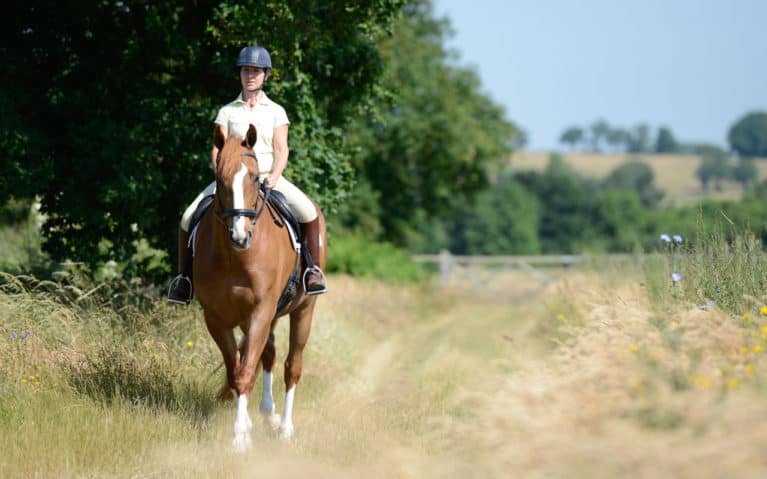
If you’ve been out of the saddle for a while, plucking up the courage to get back in it can be a challenge. Maybe you’ve had time off due to an injury, you took a break because life took over or your horse has been recovering from injury. Whatever the reason, the thought of getting back on board can leave you feeling nervous, sick or even terrified and you’re not alone. Feeling nervous is completely normal, but the trick is knowing how to manage it. The good news is there’s lots of ways to help yourself overcome it.
Safety first
One of the easiest ways to help make you feel safer while riding is wearing the correct gear. A hat, gloves, sturdy boots, body protector and air jacket can provide extra safety and give you peace of mind. If you’ve had a very long break, make sure your hat and body protector are up to correct standards. Nobody’s going to mind if you’re schooling or hacking out while wearing a body protector and air jacket, and if it makes you feel happier and more confident, then go for it!
A neckstrap isn’t just for kids – it can be great for helping you feel a little bit more secure in the saddle. The best part is that no one even needs to know it’s there, as you can use a hunting-style breastplate or a martingale to provide the same function without having a separate strap. Even if you never have to use it, knowing it’s there if you need it can be really comforting, especially if your horse trips or you feel a little unbalanced.
Did you know?
Even top riders, such as William Fox-Pitt, ride with a neckstrap.
Support system
Don’t underestimate the benefits of simple things such as having a familiar and friendly face to keep you company while you ride. It can be the ideal distraction from your jitters.
Fun with friends
Often, just having someone with you can help distract both you and your horse. Chatting about unimportant, day-to-day subjects can be a great way to provide a distraction from thinking about what might go wrong and will help you feel more relaxed. You can chat about anything at all, from what you had for dinner last night to what your dream holiday would be. Just keeping your mind active will help stop you focusing on how you’re feeling, which can also improve your riding by making you more relaxed.
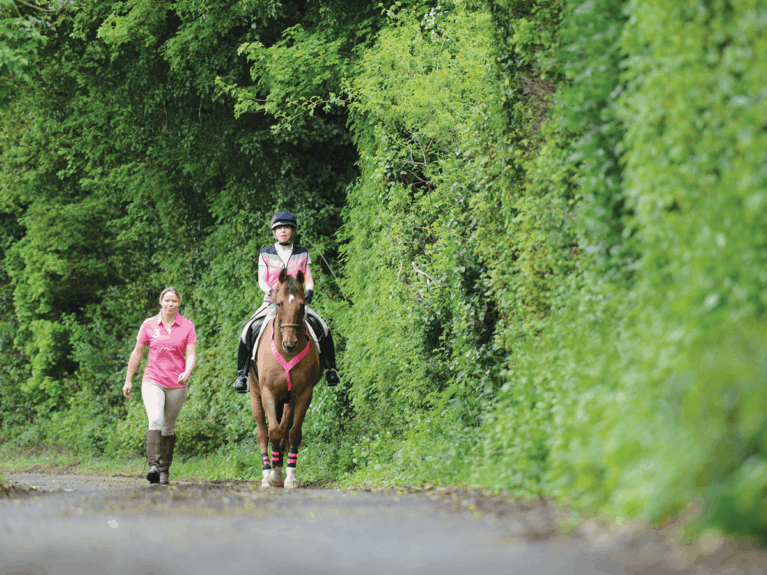
Stronger together
An understanding friend will be more than happy to hack out, ride or even walk on foot with you if you’re not sure about riding on your own. In the unlikely event of a problem, they’ll be able to lend a helping hand and reassure you.
Make sure that someone knows where you’re going for your hack and how long you’ll be. Take a fully charged phone so that you can contact someone if there’s a problem. Knowing that someone is looking out for you and you have a means of contact, should you need it, will often help relieve any concerns.
Getting back on
If you’re reluctant and nervous about getting on your horse after he’s had a holiday, then perhaps a more confident friend could ride him for a short time before you get on board. Once you’ve seen your horse is behaving and he’s been able to stretch his legs a little, you’ll feel more comfortable about getting on yourself.
Help is at hand
Your instructor will be more than happy to help you out, too. Speak to them and explain how you’re feeling, and tell them that you’d be grateful if they could come and give you some support and advice from the ground. Having someone knowledgeable to advise you while you ride will help you relax, as there’s someone on hand to help you soothe your worries and iron out the small issues. Having a short lesson will also focus your mind and provide a good distraction from any nerves you might be feeling.
Feeling secure
If you feel worried or nervous about getting on, make sure you mount and ride somewhere you feel secure. Enjoyable rides never happen when you’re concerned about your horse taking off with you or you’re feeling nervous about your surroundings. If you have access to an arena or schooling area then that’s ideal, but there are other factors you can control.
When to ride
Choosing to ride at quieter times of day will be more relaxing for your and help keep your horse more settled. Remember, you don’t have to ride every time you go to the yard. If it’s windy and rainy it might be better to wait for another day with better riding conditions. Riding in bad weather will just add stress to the situation for both you and your horse.
Happy hacking
If you decide to go for a hack, make sure you avoid times when there’s lots of traffic on the road. Plus, if you can avoid big, open spaces or areas inviting a fast canter, this will help you feel happier, in control and more confident that you’re not going to be disappearing into the distance.
Back to basics
Starting from the beginning can sometimes be the best course of action, particularly after an extended break due to injury. Being led round on the lead rein is perfectly acceptable if that’s what will work for you both, and is a good idea if this gives you an easy and comfortable first session back on top.
Build up to it
Again, it’s useful to talk to your instructor. They may know of a reliable schoolmaster who you could have a lesson on before you get back on your own horse or be able to recommend a good local riding school where you could book a lesson. Reaffirming to yourself that you’re a good rider can help build better confidence and put you back in control when you come to ride your own horse. It can be really daunting when you feel that you can’t do something you used to do, so riding a horse who you’re confident is going to look after you can really give a boost to your self-belief.
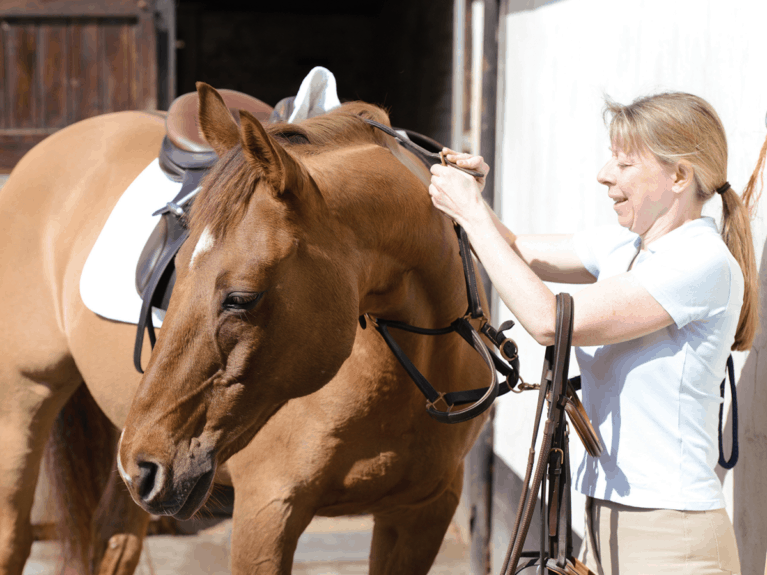
Feeling confident
Having a lunge lesson is also a great confidence booster. They let you focus on your position, making sure that your seat is secure with the added benefit of being attached to a long rein, which means you don’t have to worry about what your horse is doing. Your instructor will be in control of him, so all you have to think about is your own riding and listening to your instructor.
Take it slow
When your confidence has taken a knock it’s natural to feel pressured to start riding at the same level you were at before to prove that you can manage. However, this is often easier said than done and can give rise to unnecessary pressure. Confidence often takes time to gain but is often all too easy to lose, so give yourself time and try not to put yourself under extra pressure with unrealistic expectations. Take things slowly and don’t rush yourself.
A little at a time
It’s important for both you and your horse to end each session on a positive note. If you’re only comfortable walking around the arena the first few times, then that’s all you should do. Once you’re feeling happy and confident at that level, push yourself a little more by introducing some trot and add difficulty incrementally. There’s no hurry.
Slow and steady
A good way to keep track of your progress is by setting achievable goals. Not only will it give you something to work towards when you ride, but it will also give you a feeling of achievement as you complete each goal. They don’t even have to be big or very complicated ones – for example, you could begin by simply walking around the arena twice. It’s entirely up to you how fast or slow you go, and setting yourself one or two small goals to work on each week can help you stay motivated and focused.
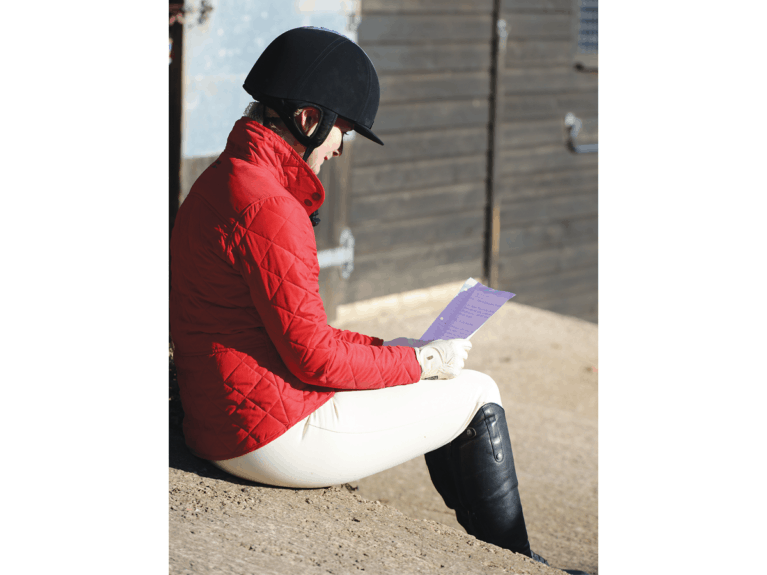
Take your time
It’s especially important to take things slowly if either you or your horse has had some time off. Rebuilding fitness and strength takes time, so don’t be tempted to overdo it, as this will only slow your progress. Being brought back into exercise can be an exciting event for your horse. If you’re worried about how he’s going to react, it can be really helpful to give him a short lungeing session before you attempt to ride. However, if you can’t lunge him because he’s recovering from injury or you’re not confident, then make sure he’s been turned out in the field before you ride. This will allow him to work out some excess energy and settle him a little before you get on.
Top tip
You don’t have to go it alone – everyone has felt nervous at some point and if you talk through your feelings with a friend, they may be able to offer you some help and support.
Talk it through
Asking for help is always a good place to start. Sharing your problems by talking about how you’re feeling can make a big difference.
Speak to a professional
Using specialist advice from a sport psychologist may help towards understanding how to control your nerves. They can also help you develop some strategies that work for you, helping you to manage the stress, nerves or pressure you’re feeling about riding. Hypnotherapy can be a great tool, too, and could also help you master your fears. Once you’ve booked an appointment, you’ll meet with your chosen therapist and discuss what you want to gain from the sessions before working together to achieve those goals.
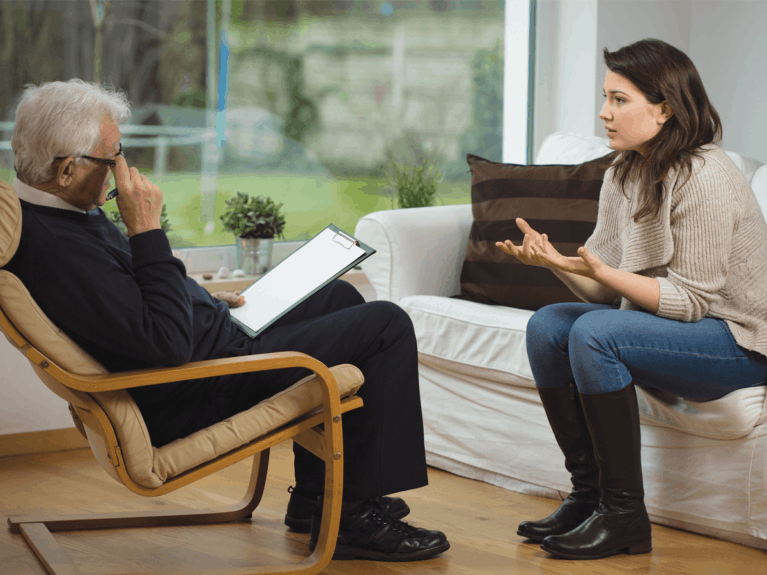
You’re not alone
Using a specialist therapist or other professional often works very well, but talking to a friend can be beneficial, too. They might have been through a similar experience and be able to give you some techniques, such as singing, when you’re feeling worried. It can help you regulate your breathing, which in turn means you feel calmer, and while it may feel a bit ridiculous at first, humming familiar songs, such as nursery rhymes, can be fun and it will act as a distraction, as well as soothing your horse. The simple action of talking to a quiet, sympathetic ear is often the best therapy of all.
Your Comments
One thought on “Feel confident after time off from riding”
Leave a Reply
You must be logged in to post a comment.

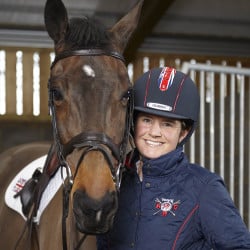


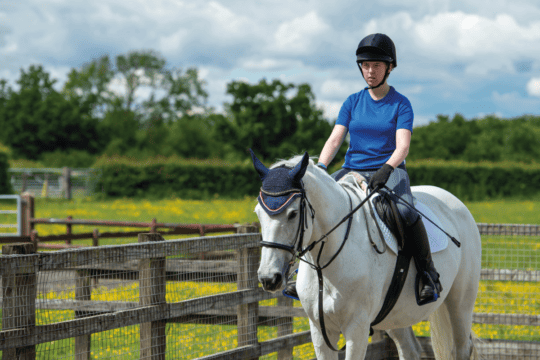
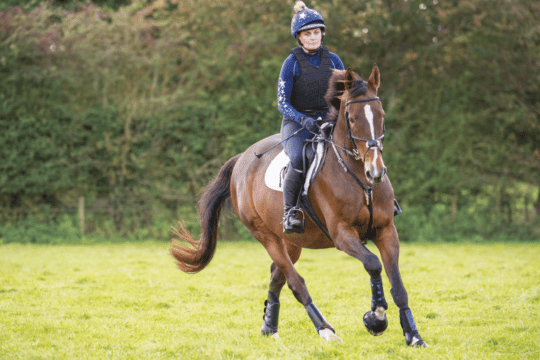
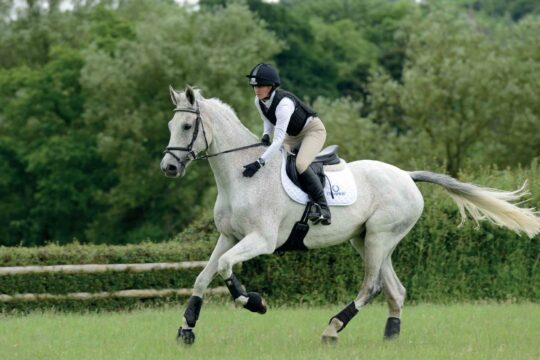



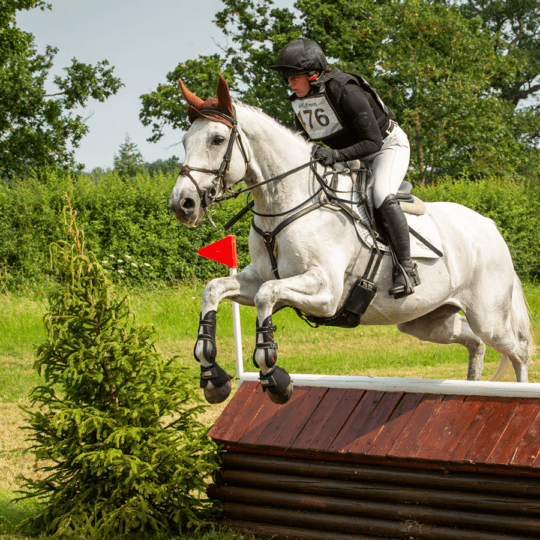





Inspiring article – I so need a little help.